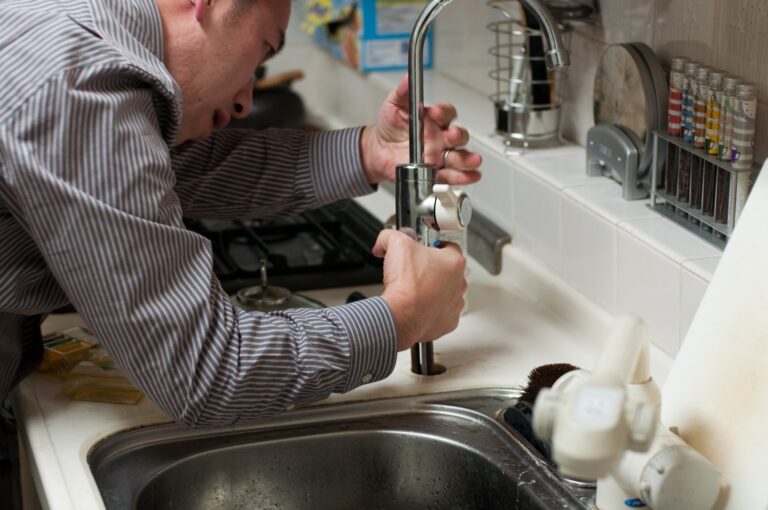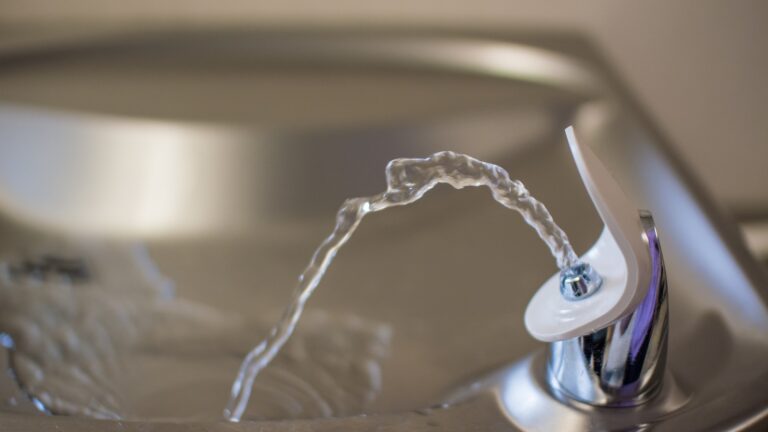Water damage, whether from plumbing leaks or overflowing appliances, poses a significant threat to the structural integrity of your home. It can cause mold growth and even make your living space unsafe to inhabit. That’s why it’s so important to avoid water damage in your home in the first place.
How can you sidestep that risk, though? This comprehensive guide to avoiding water damage in your home will delve into prevention strategies and steps you can take to protect your home for years to come.
Monitor Your Water Bill
Sometimes, the first sign of a leak is an unexpected increase in your water bill. If your household’s usage hasn’t changed significantly but your bill has skyrocketed anyway, it could indicate a leak somewhere in your system.
Investigate the issue promptly to avoid letting a small leak turn into a major headache. Remember, early detection is the key to avoiding water damage in the first place.
Regularly Inspect Your Roof
A damaged roof can allow rainwater to seep into your home during heavy storms; over time, that leaking can wreck the structural integrity of your home. Look for missing or damaged shingles and have them repaired or replaced as soon as possible.
Roofing repairs are one home project you shouldn’t DIY. Hire a professional roofing contractor to fix any weak spots or replace missing shingles. In addition, consider having a roofing pro inspect your roof once a year or after severe storms to maintain its condition.
Maintain Your Home’s Plumbing System
Keep a close eye on your plumbing system and the various appliances connected to it. Leaky pipes and faucets can cause catastrophic water damage if you don’t address them promptly. Regularly inspect under sinks, around toilets, and near appliances like washing machines and dishwashers.

Don’t forget about your water heater, either. Monitor the reliability and quality of the hot water running through your pipes, and look out for signs your water heater may fail soon by inspecting your heater at least once a month.
Clean Your Gutters Often
Clogged gutters can cause water to overflow and accumulate around the foundation of your home, which can lead to serious water damage over time. Clear out your gutters regularly, especially during fall and spring when they’re most likely to be clogged with leaves and debris.
Check your downspouts, too. Make sure they’re directing water away from your home’s foundation to prevent pooling.
Insulate Your Pipes
Do you live in an area that often sees below-freezing temperatures during the winter? Those bitterly cold temps can cause unprotected pipes to freeze and burst, which leads to significant water damage. Luckily, you can prevent your pipes from bursting by insulating them.
Pipe insulation materials are available at most hardware stores and are easy to install. Be sure to pay particular attention to pipes in unheated areas of your home, like the garage or attic.
To Conclude:
During extremely cold weather, let your faucets drip slightly to keep water flowing through your pipes and prevent them from freezing.
To protect your home from water damage, you’ll need to take a proactive approach—don’t wait until your home has already flooded or the building materials have grown soggy. Take the measures detailed in this comprehensive guide to avoid water damage in your home to preserve its structural integrity, prevent mold growth, and maintain a healthy living environment.

